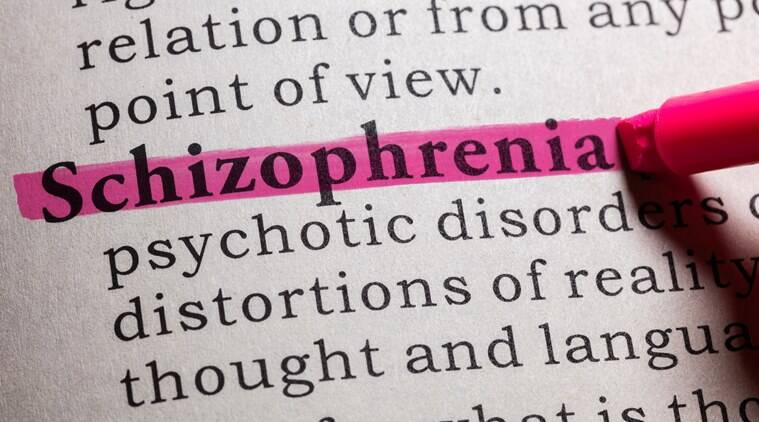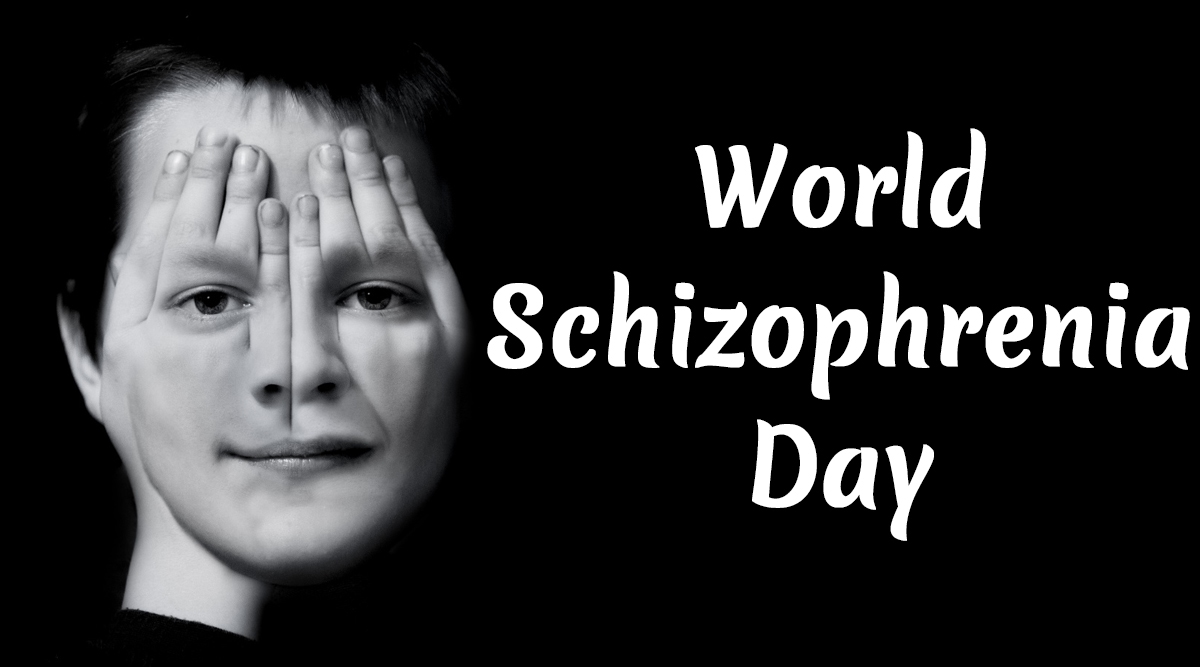World Schizophrenia Awareness Day Commemorated by DEPWD
World Schizophrenia Awareness Day, observed annually on May 24th, aims to raise awareness about schizophrenia and reduce the stigma associated with mental health disorders. In a significant step towards promoting understanding and support for individuals with schizophrenia, the Department of Empowerment of Persons with Disabilities (DEPWD) organized various events and initiatives to commemorate this important day.
The DEPWD, under the Ministry of Social Justice and Empowerment, celebrated World Schizophrenia Awareness Day with great enthusiasm. The department recognizes the need to address the challenges faced by individuals with schizophrenia and their families and strives to provide comprehensive support and resources to improve their quality of life.
Schizophrenia is a chronic mental disorder characterized by a range of symptoms, including hallucinations, delusions, disorganized thinking, and a lack of motivation. It affects millions of people worldwide, and the impact on individuals and their families can be profound. Through initiatives like World Schizophrenia Awareness Day, the DEPWD aims to enhance public awareness and understanding of this condition.
One of the primary objectives of World Schizophrenia Awareness Day is to challenge the stereotypes and misconceptions surrounding schizophrenia. By providing accurate information and dispelling myths, the DEPWD seeks to create a more inclusive society that supports individuals with mental health conditions and ensures they have equal opportunities to thrive in various aspects of life, including education, employment, and social interactions.
To mark this day, the DEPWD organized several events, including awareness campaigns, seminars, and workshops. These activities aimed to educate the public, healthcare professionals, and policymakers about schizophrenia, its symptoms, available treatments, and the importance of early intervention. By disseminating this knowledge, the department strives to improve access to appropriate care and support for individuals with schizophrenia.
The commemoration of World Schizophrenia Awareness Day also provided a platform for individuals with schizophrenia and their families to share their experiences and stories of resilience. These personal narratives help humanize the condition, fostering empathy and understanding among the general public. It encourages society to view individuals with schizophrenia not solely through the lens of their illness but as multifaceted individuals with unique strengths and aspirations.

Why this News is important:
Promoting awareness about schizophrenia is crucial because it helps in dispelling misconceptions and reducing the stigma associated with mental health disorders. World Schizophrenia Awareness Day serves as a platform to educate the public and encourage empathy and understanding towards individuals with this condition.
By commemorating this day, the DEPWD aims to create a more inclusive society that recognizes the unique challenges faced by individuals with schizophrenia. It highlights the need for early intervention, access to appropriate treatments, and support systems to ensure a better quality of life for those affected.
Raising awareness about schizophrenia also plays a significant role in improving the mental healthcare landscape. It encourages research, funding, and policy development to address the specific needs of individuals with this condition. Through initiatives like World Schizophrenia Awareness Day, progress can be made in enhancing the overall well-being of those affected by schizophrenia.
Historical Context:
Schizophrenia has been recognized as a distinct mental disorder since the early 20th century. It was first described by psychiatrist Emil Kraepelin, who characterized it as a separate condition from other mental illnesses. Since then, extensive research has been conducted to understand the causes, symptoms, and treatment options for schizophrenia.
Throughout history, schizophrenia has been surrounded by misconceptions and stigma. The lack of knowledge and understanding often led to individuals with schizophrenia being marginalized and excluded from society. However, advancements in psychiatric research and increased awareness have gradually begun to change public perceptions.
The recognition of World Schizophrenia Awareness Day in contemporary times signifies society’s growing commitment to address the challenges faced by individuals with schizophrenia. It reflects a broader understanding of mental health and the importance of providing support, resources, and opportunities to enhance the lives of those affected by this condition.
5 Key Takeaways from “World Schizophrenia Awareness Day Commemorated by DEPWD”:
| Serial Number | Key Takeaway |
|---|---|
| 1. | World Schizophrenia Awareness Day aims to raise awareness about schizophrenia and reduce the associated stigma. |
| 2. | DEPWD organized events to educate the public, healthcare professionals, and policymakers about schizophrenia and the importance of early intervention. |
| 3. | The initiative seeks to challenge stereotypes and misconceptions surrounding schizophrenia to create a more inclusive society. |
| 4. | Commemorating this day provides a platform for individuals with schizophrenia and their families to share their experiences and promote empathy. |
| 5. | World Schizophrenia Awareness Day contributes to improving mental healthcare systems and fostering research, funding, and policy development. |
Important FAQs for Students from this News
Q: What is the purpose of World Schizophrenia Awareness Day?
A: World Schizophrenia Awareness Day aims to raise awareness about schizophrenia, reduce stigma, and promote understanding of this mental health condition.
Q: Who organized the events for World Schizophrenia Awareness Day?
A: The Department of Empowerment of Persons with Disabilities (DEPWD) organized various events to commemorate World Schizophrenia Awareness Day.
Q: What are the symptoms of schizophrenia?
A: Symptoms of schizophrenia include hallucinations, delusions, disorganized thinking, lack of motivation, and impaired social functioning.
Q: How does raising awareness about schizophrenia contribute to improving mental healthcare?
A: Raising awareness about schizophrenia helps reduce stigma, encourages research and funding, and promotes policy development to address the specific needs of individuals with this condition.
Q: What is the historical context of schizophrenia?
A: Schizophrenia has been recognized as a distinct mental disorder since the early 20th century. Extensive research has been conducted to understand its causes, symptoms, and treatment options.
Some Important Current Affairs Links

















